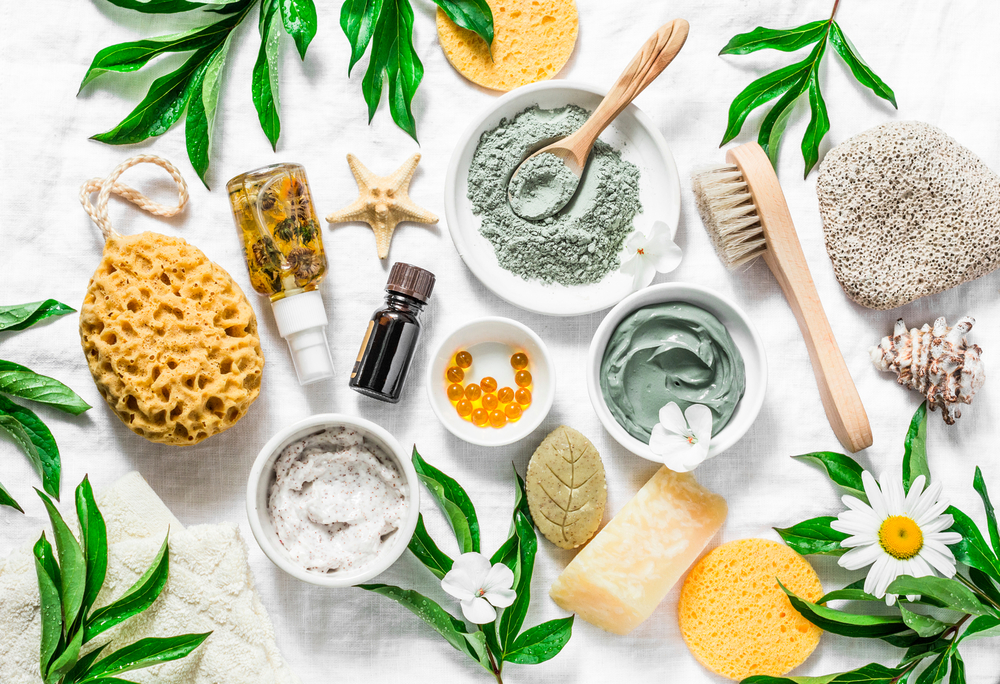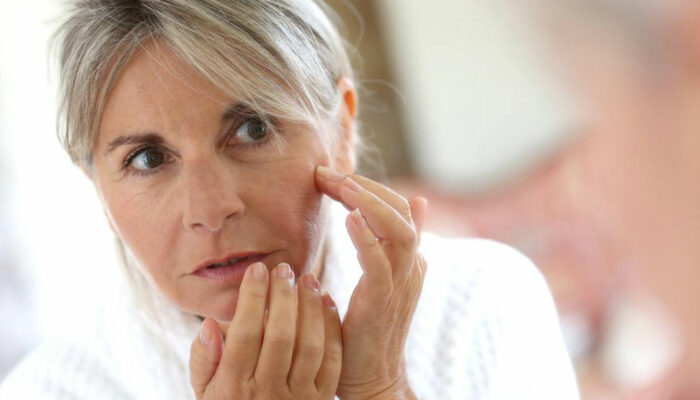
The Worst Soap Ingredients for Eczema
Eczema is scientifically known as atopic dermatitis. It is a condition that makes your skin red and itchy. Eczema is commonly found in children, but can also occur to any individual regardless of their age. Eczema currently has no cure, but treatment measures aim to reduce symptoms of the condition.
Patients suffering from eczema may experience stinging, swelling, inflammation, redness, blistering, scaly skin, and irritation. In some severe cases, individuals may experience nausea, spasm, headaches, and nerve pain after using soaps with MI and MCI ingredients. The following are some of the soaps that are associated with exacerbating the symptoms of eczema:
1. Soaps with propylene glycol
Propylene glycerol is a compound that is commonly associated with allergies and exacerbating eczema symptoms. In 2018, propylene glycerol was named the allergen of the year by the American Contact Dermatitis Society. The compound is an ingredient in many skincare products such as soaps, medication, cosmetic products, and foods. It works as a powerful skin moisturizer in cosmetic products and soaps. For individuals suffering from eczema, soaps containing propylene glycol can exacerbate symptoms such as itching, skin redness, scaly skin, and inflammation. Medical experts advise individuals with eczema to avoid such products as an easy way to manage the condition.
2. Antibacterial soaps
Several antibacterial soaps contain Benzalkonium Chloride, which is used as a preservative in eye care products, cosmetic products, medications, and sanitizers. Antibacterial soaps contain an antiseptic that kills bacteria. However, a small concentration of Benzalkonium Chloride is enough to trigger symptoms of eczema. They may experience itching skin, redness, and grey patches. Thus, eczema patients must lookout for products containing antibacterial ingredients
3. Strong fragrance soaps
Some patients report eczema symptoms after using strong fragrance soaps. Moreover, fragrance accounts for more than 40% of cosmetic allergies. Soap fragrance makes your skin smell nice. However, using soaps with strong soaps may induce symptoms in patients with eczema.
4. Soaps with cocamidopropyl betaine
There is a popular misconception that products extracted from coconut oil are safe. In some cases, it is not the case. Cocamidopropyl Betaine is used as a foaming agent in shampoo, liquid soap, and bath gel. It is derived from coconut oil but is known to cause redness and itching for people suffering from eczema.
5. Soaps with botanical oils
Soaps with botanical oils are known to trigger eczema symptoms. Some botanical oils contain herbal products that pose more significant risks for individuals with eczema. Thus, they must prevent soaps with the ingredient.
6. Soaps containing methylchloroisothiazolinone (MCI) and methylisothiazolinone (MI)
Methylchloroisothiazolinone (MCI) and methylisothiazolinone (MI) are common ingredients of household items such as soaps, paint, cosmetics, toilet papers, baby wipes, and detergents. These substances are commonly associated with allergies. In 2013, the ingredients were named as the ‘allergens of the year.’ MI and MCI commonly affect individuals suffering from eczema and 1.5% of the entire American population. Symptoms accompanied by these products vary depending on the level of exposure. Symptoms can persist for days or weeks, depending on the individual.
Eczema symptoms include severe itching, dry skin, scaly and thickened skin, grey patches, and swollen patches. Eczema is mainly caused by genetic variation that affects the ability of skin protection. The condition is long-lasting, although symptoms flare up periodically. The condition’s risk factors include allergies such as certain soaps, certain chemicals, and family history related to eczema. By merely avoiding risk factors such as soap allergies, one could significantly reduce the condition’s symptoms.



